Podcast: Play in new window | Download
Subscribe: Apple Podcasts | Spotify | Amazon Music | Android | iHeartRadio | TuneIn | RSS | More
In this episode, we perceive intricate elements from the seashore revealing the inner world, as portrayed in Sangam Literary work, Natrinai 199, penned by Peri Sathanaar. The verse is set in the coastal regions of ‘Neythal’ and speaks in the voice of the lady to the confidante, refusing to accept words of consolation and expressing the angst in her heart.


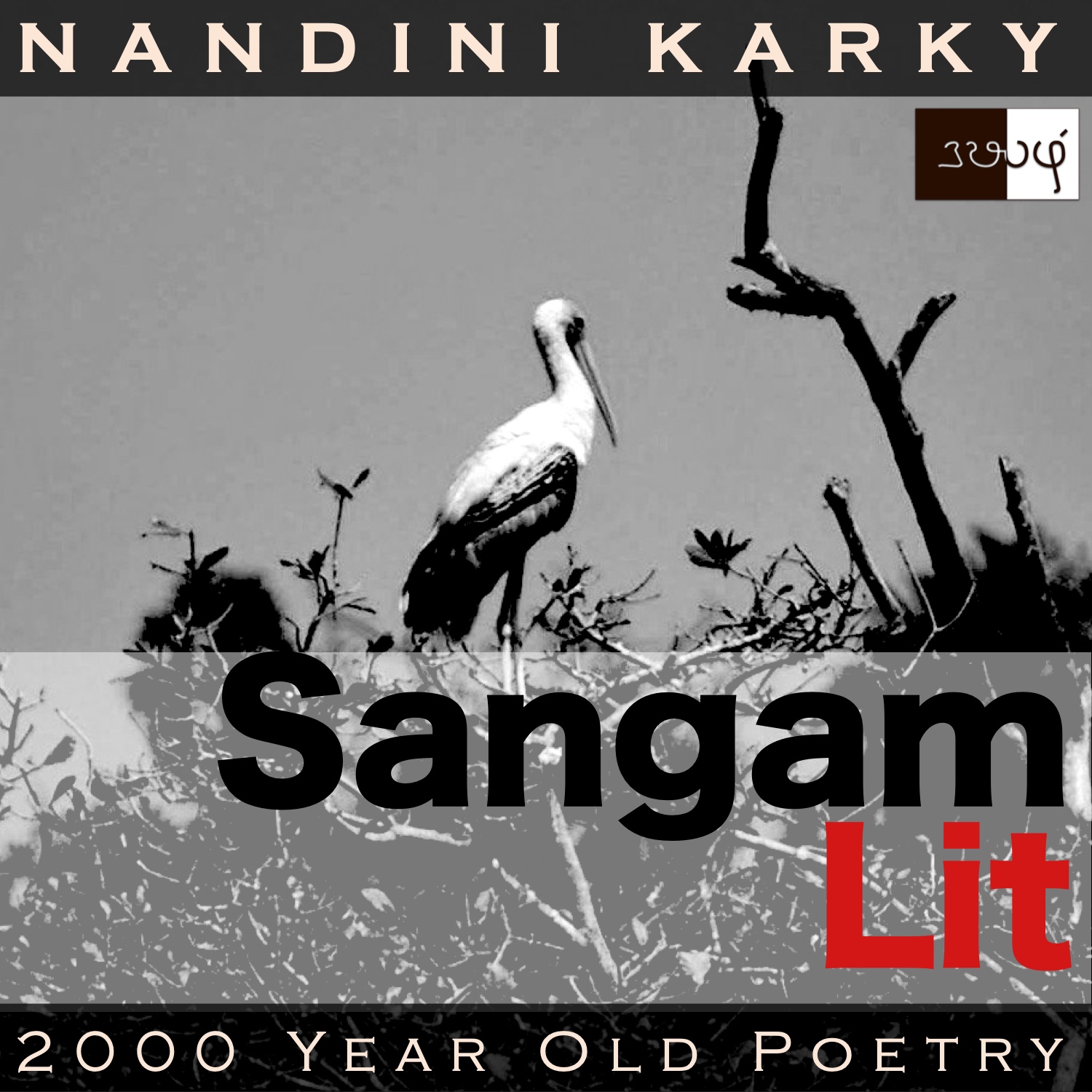
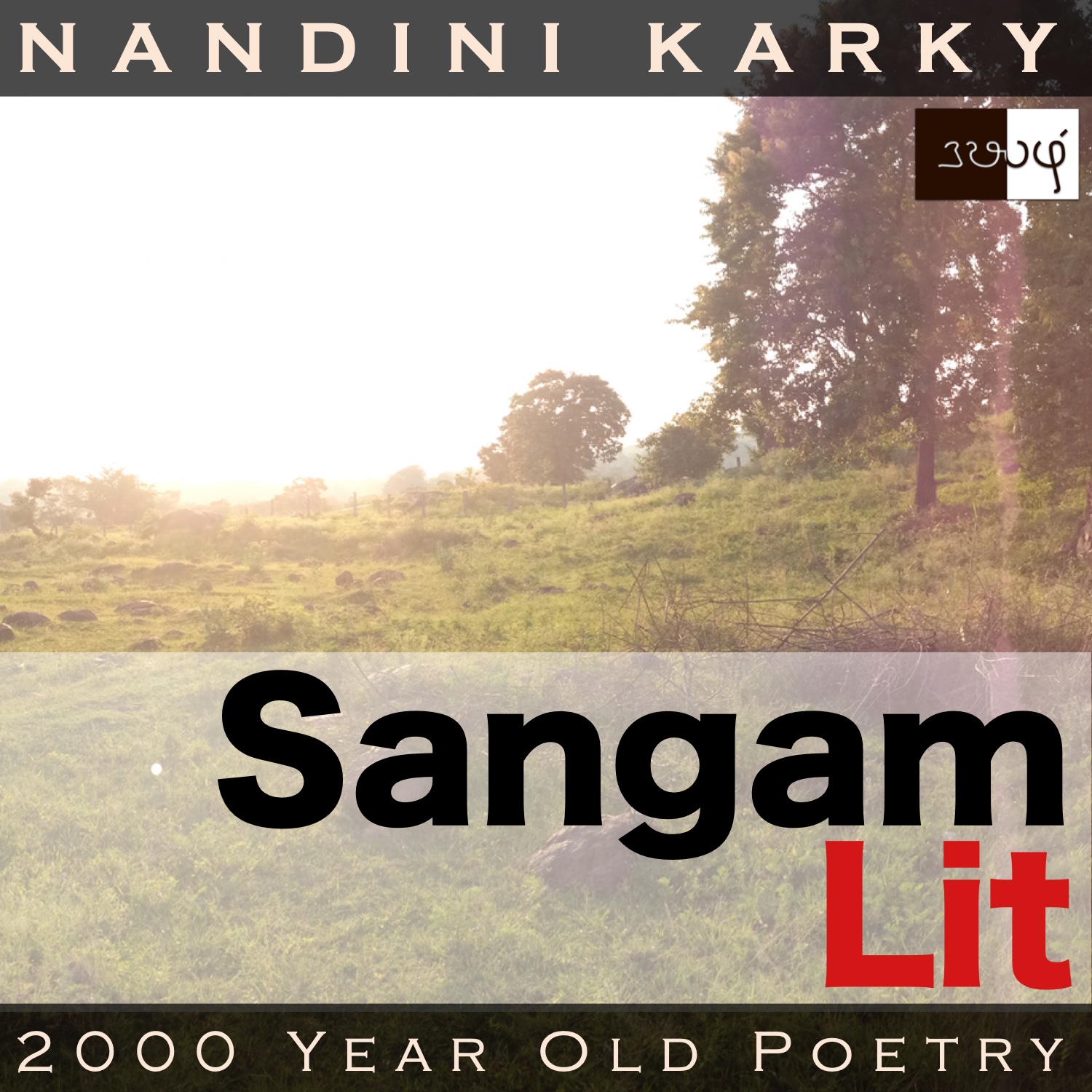


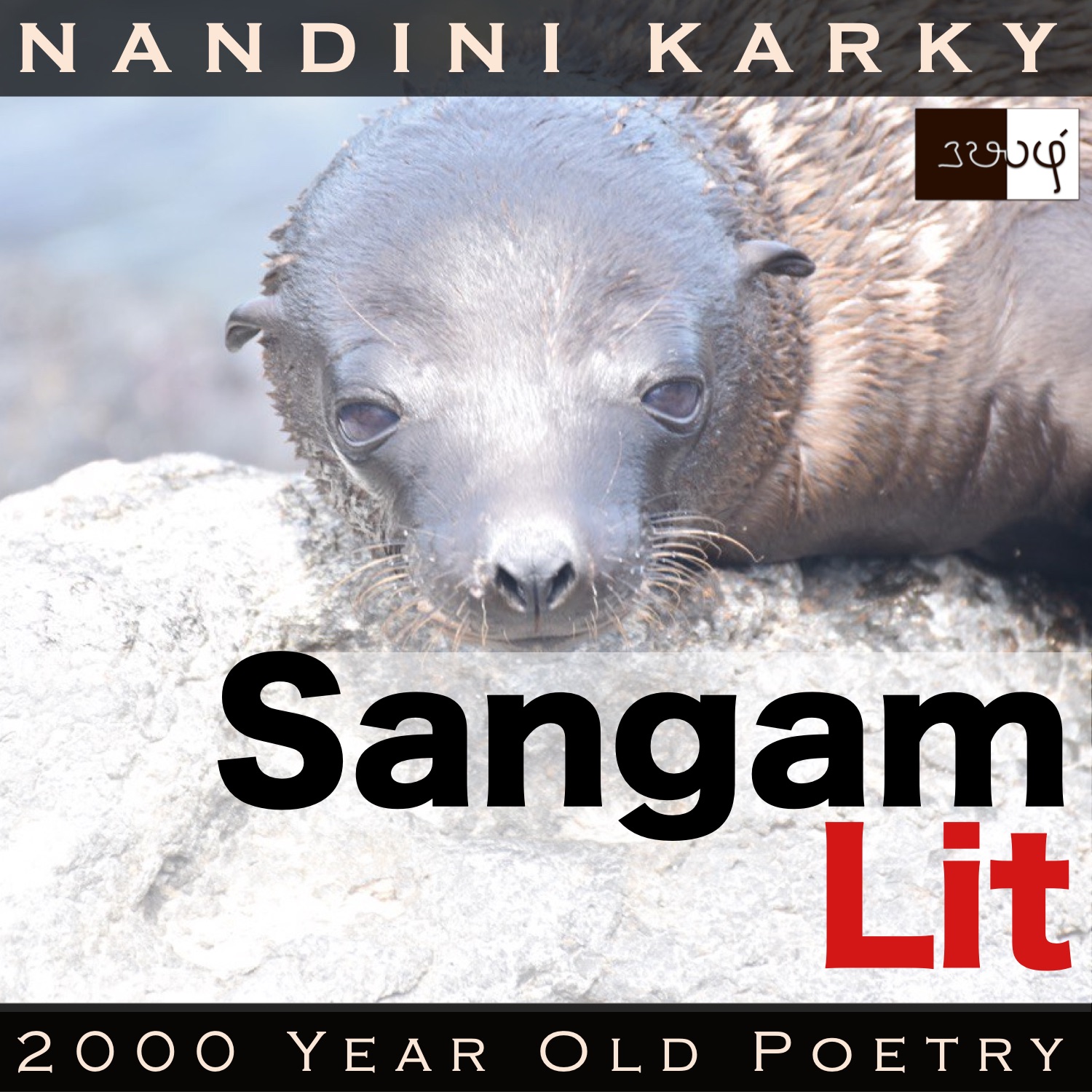
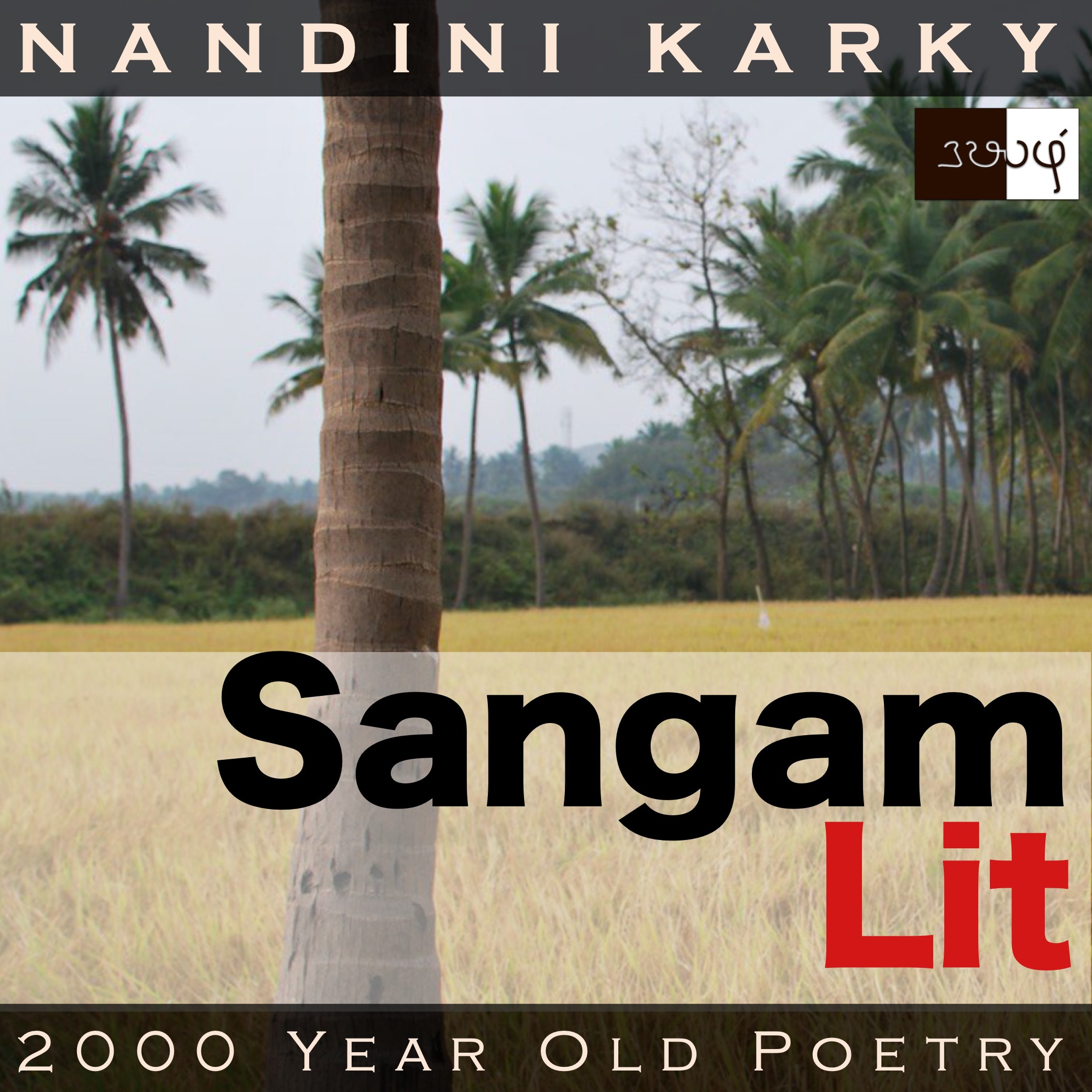
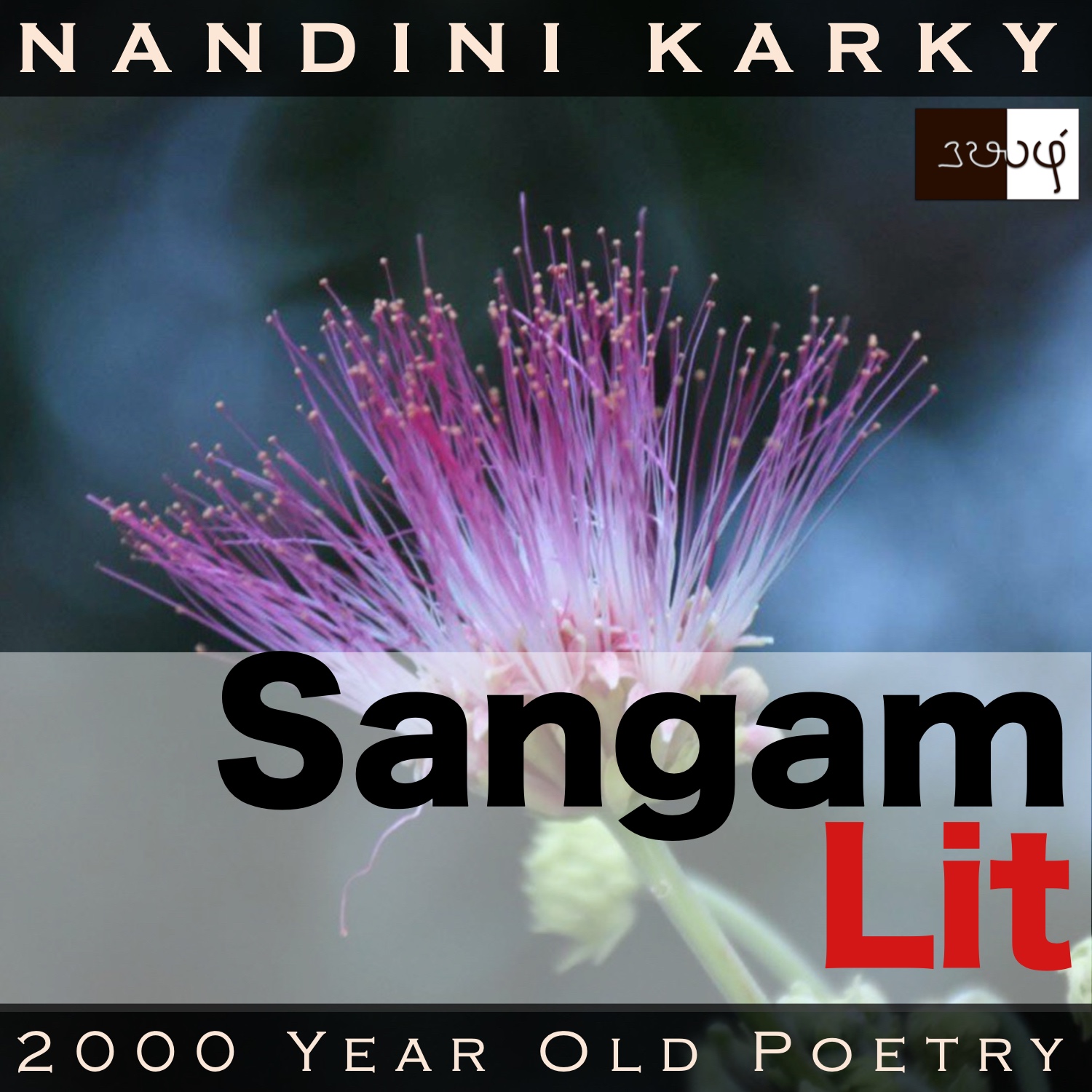
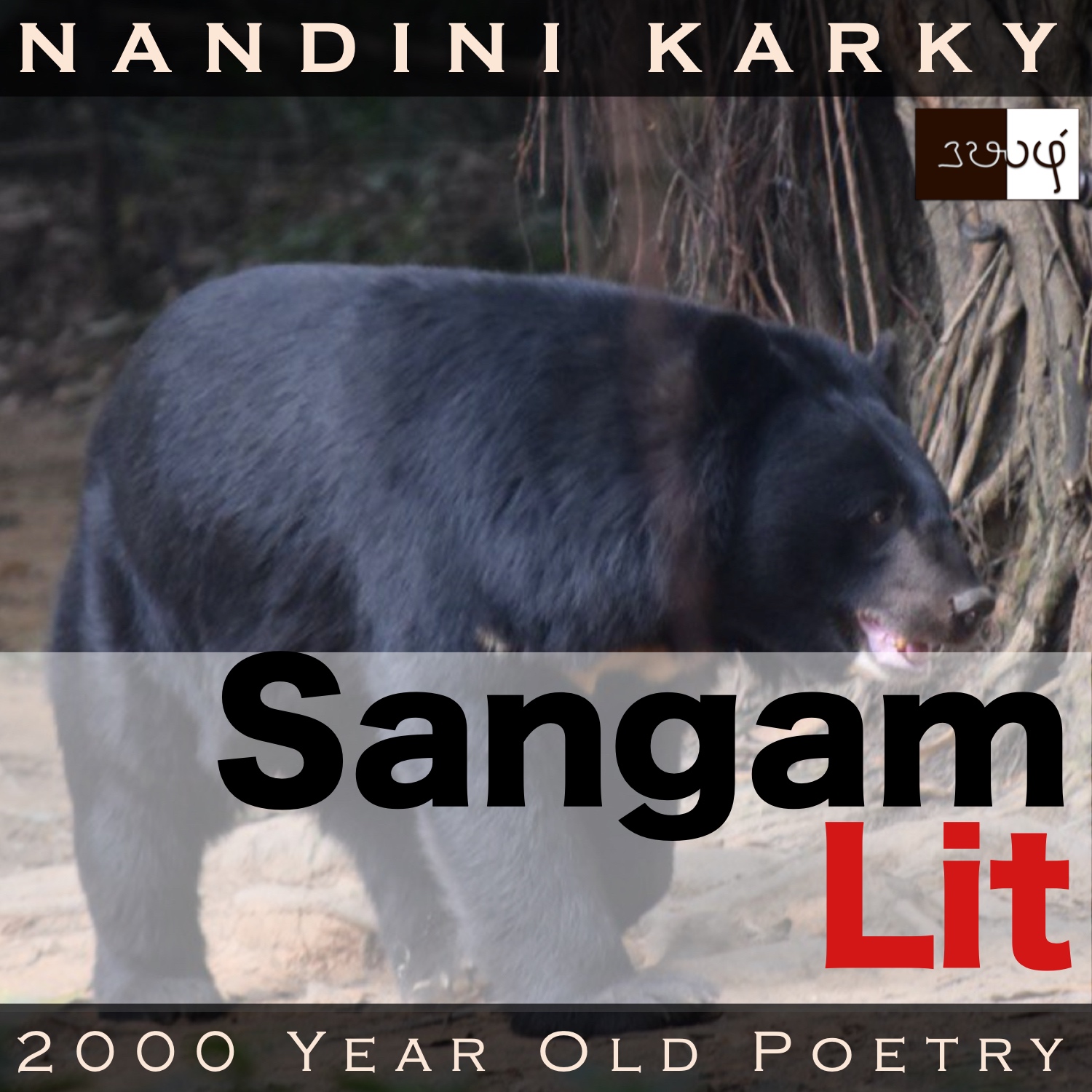

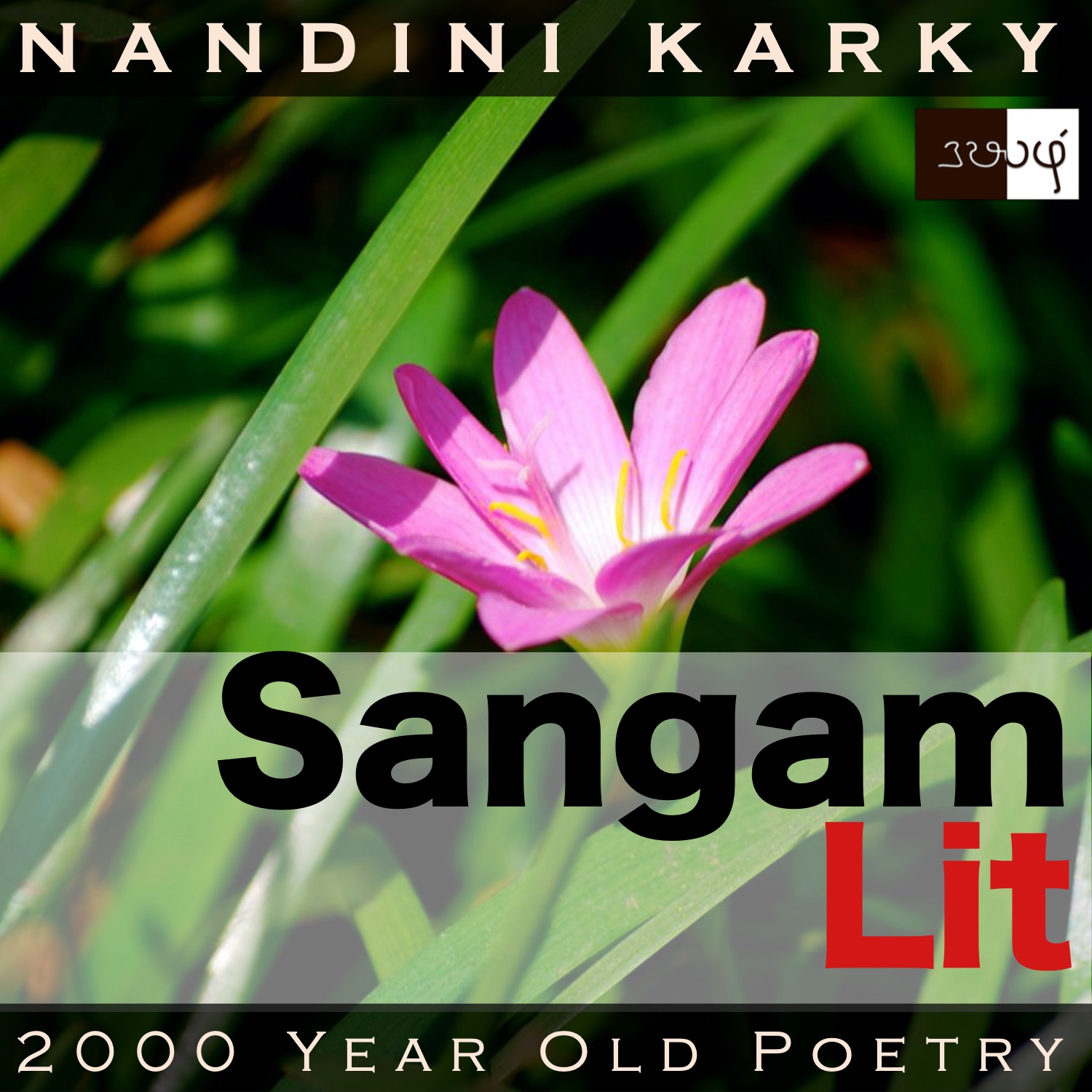
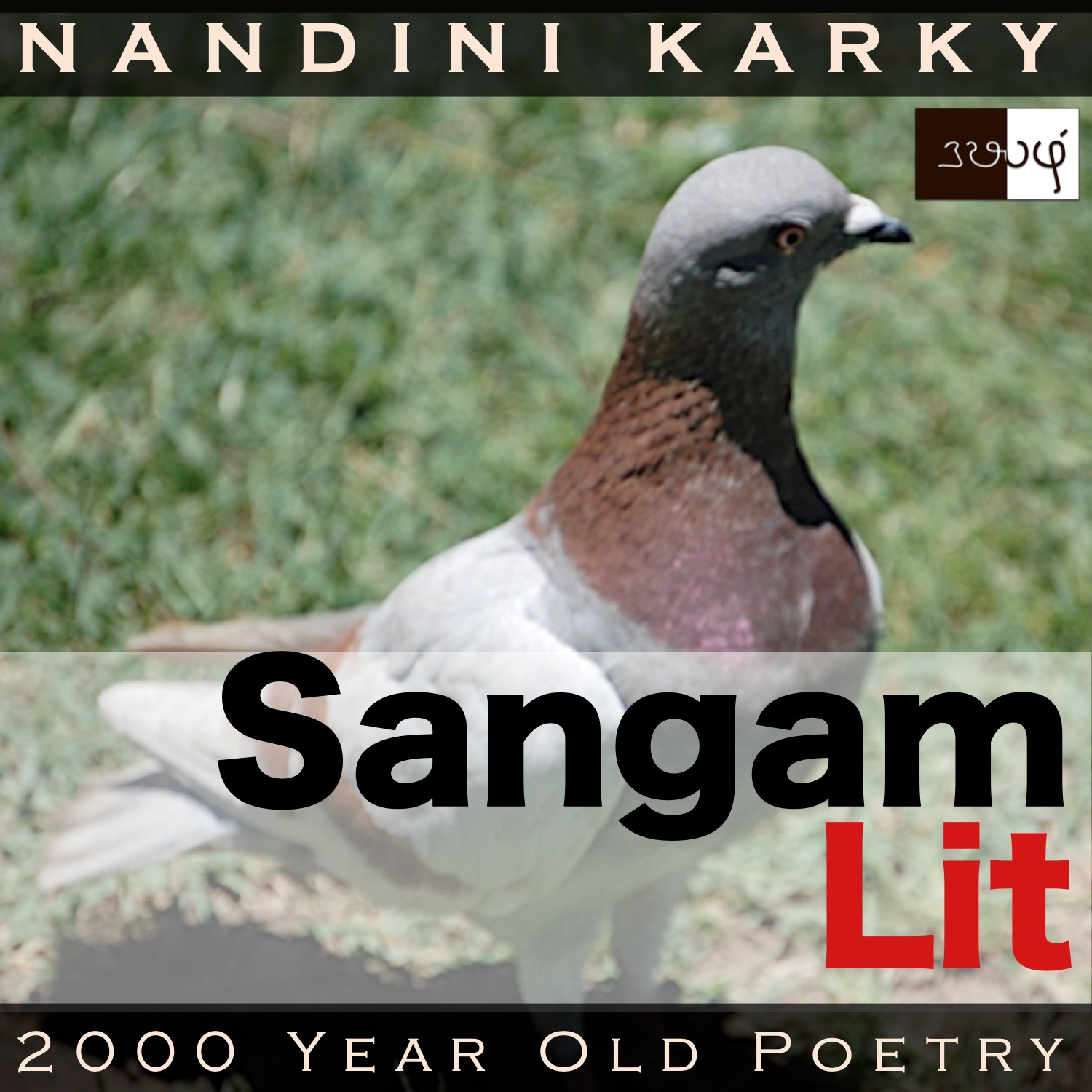
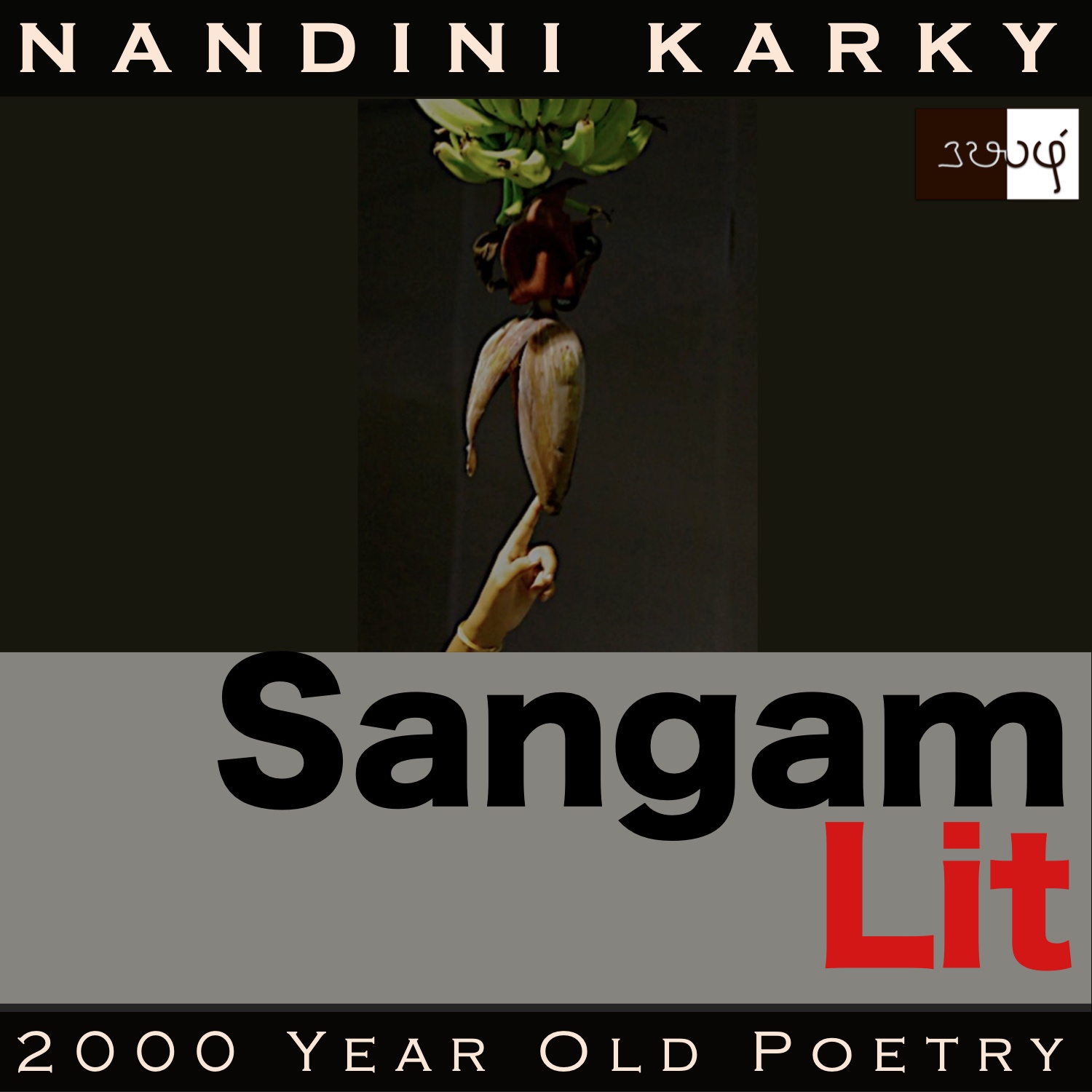
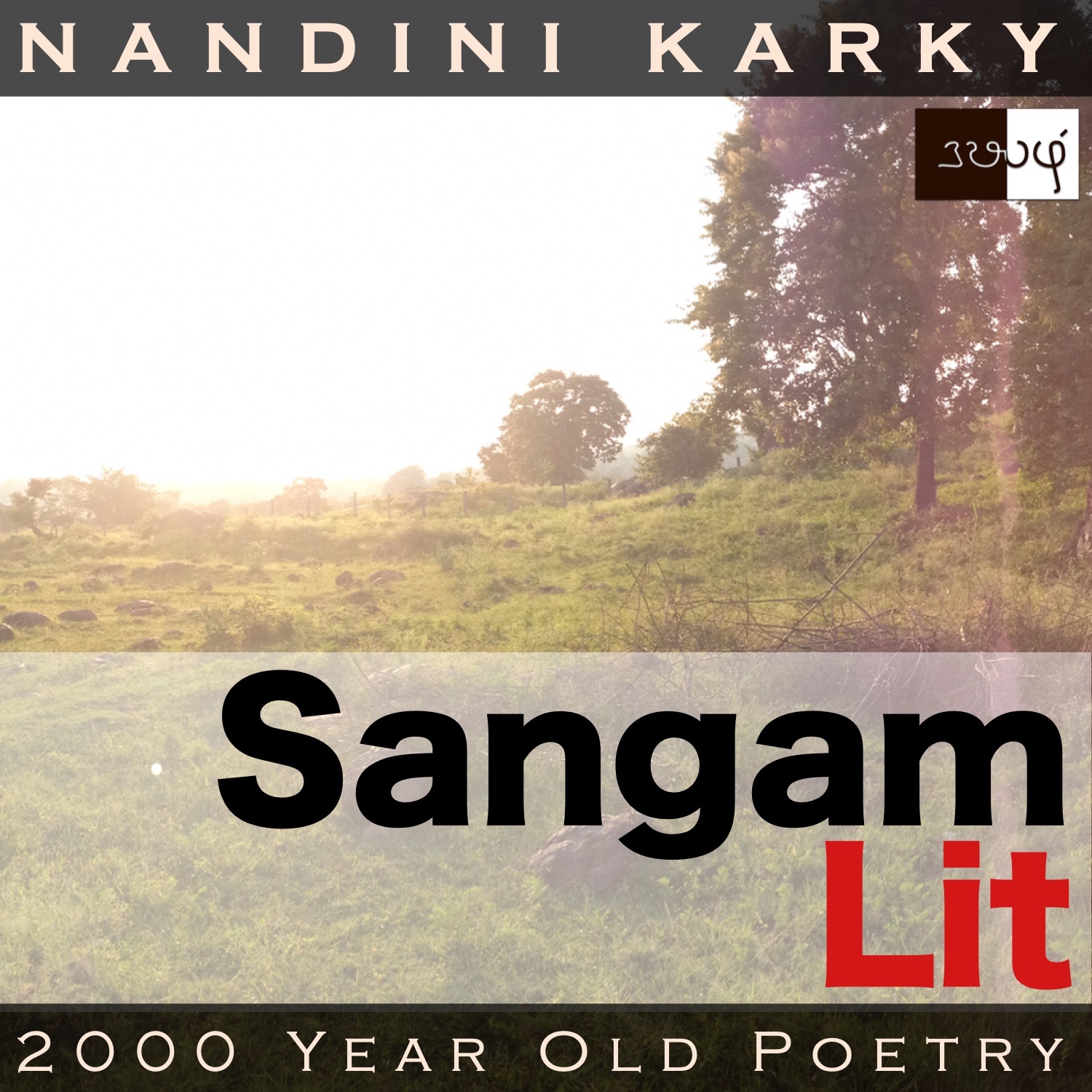
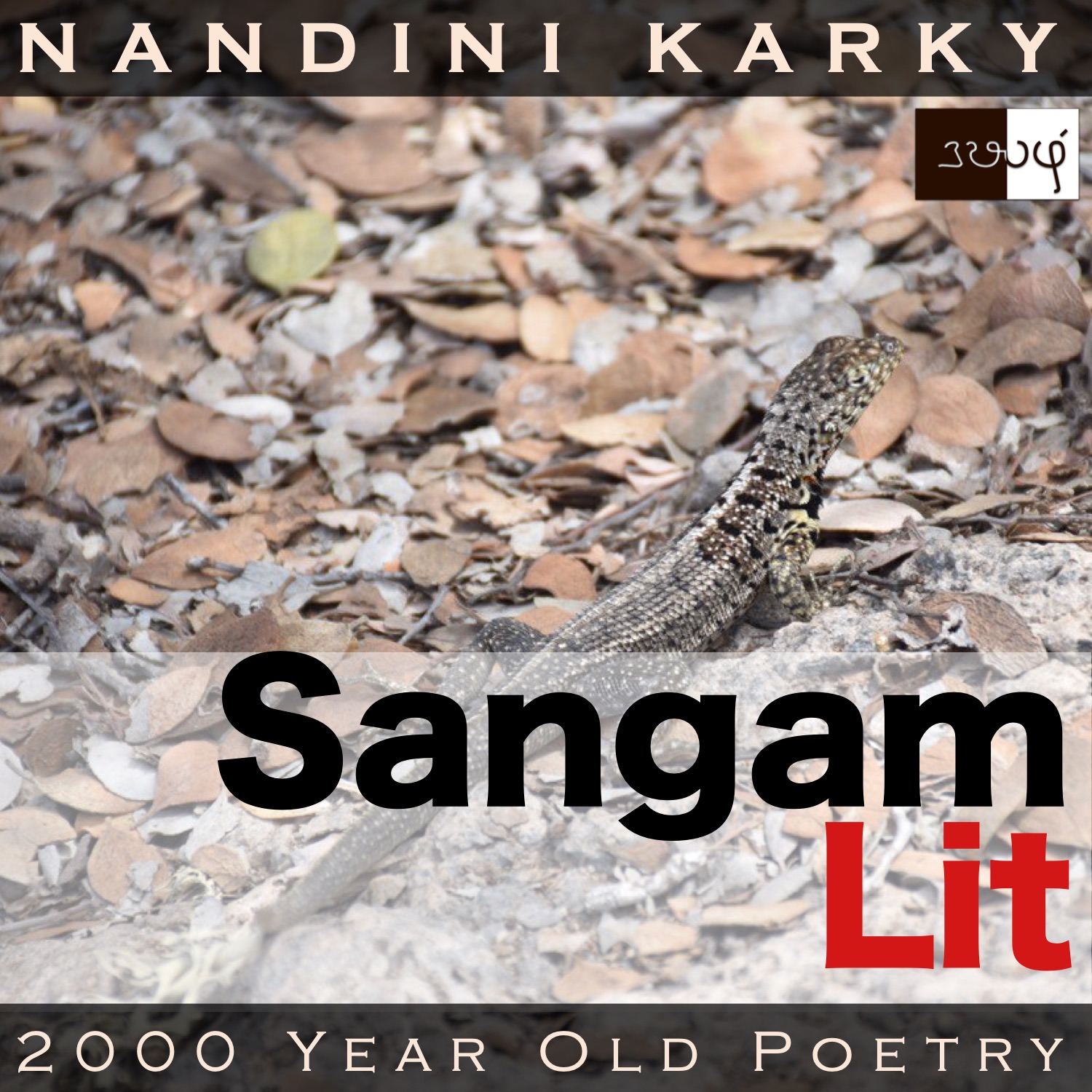


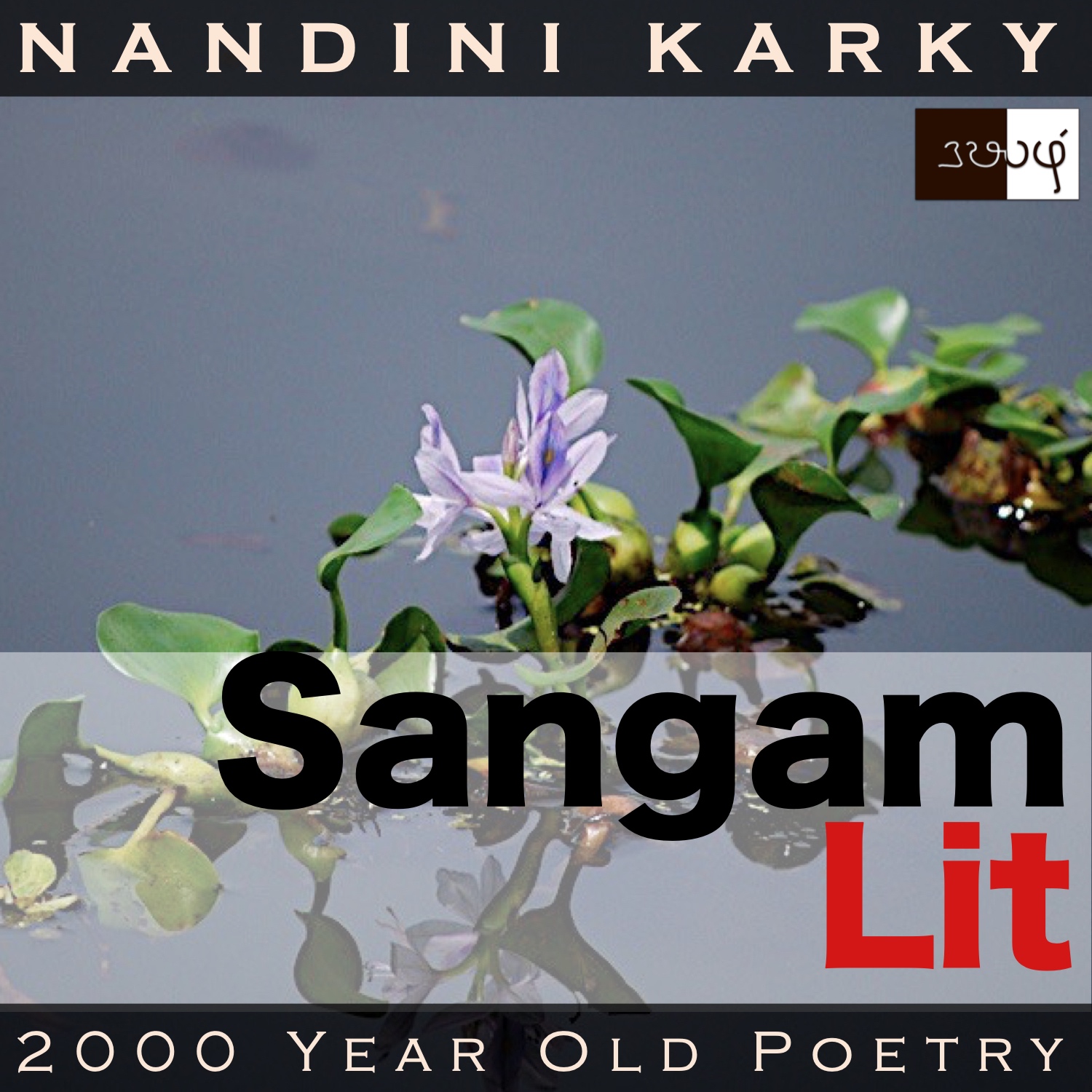

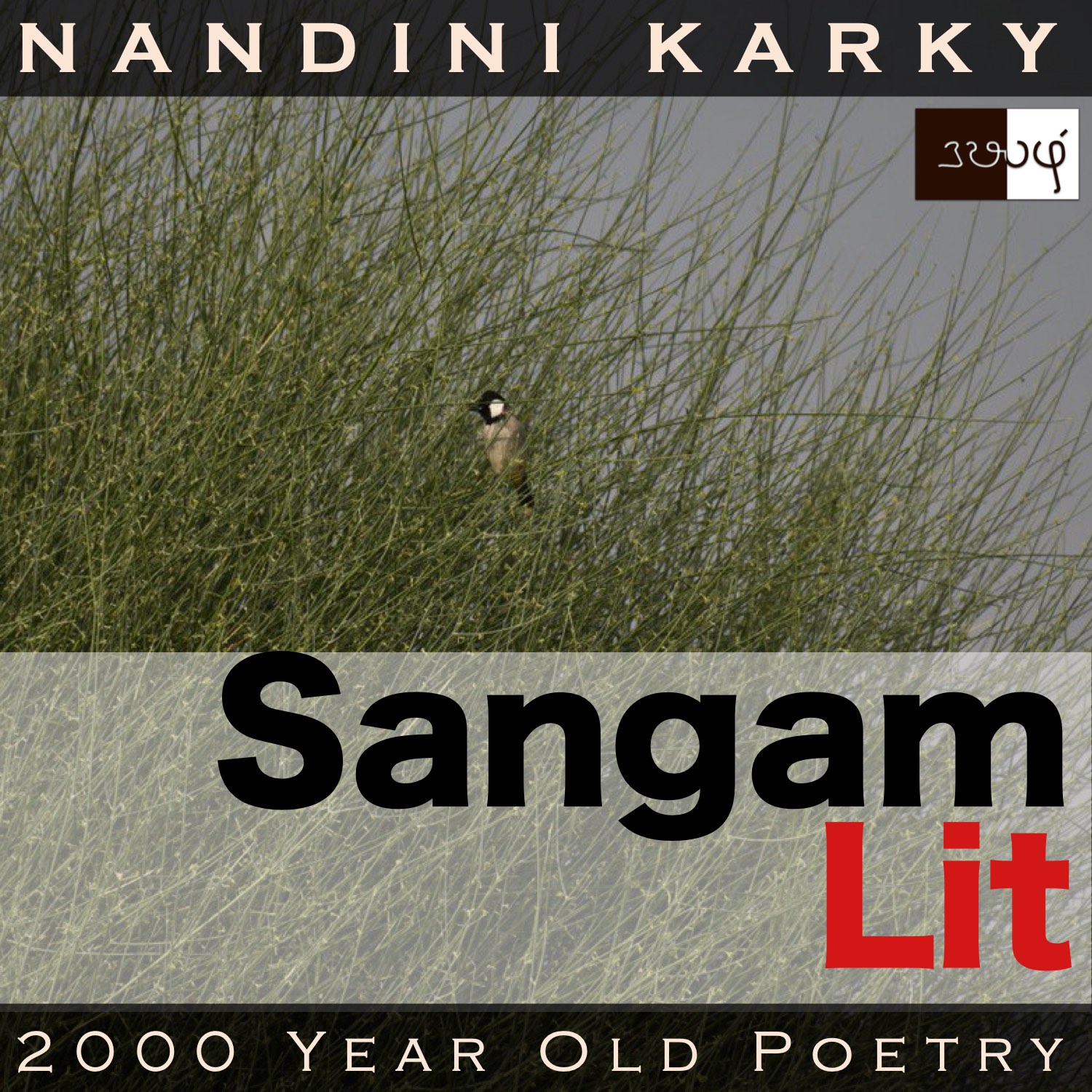
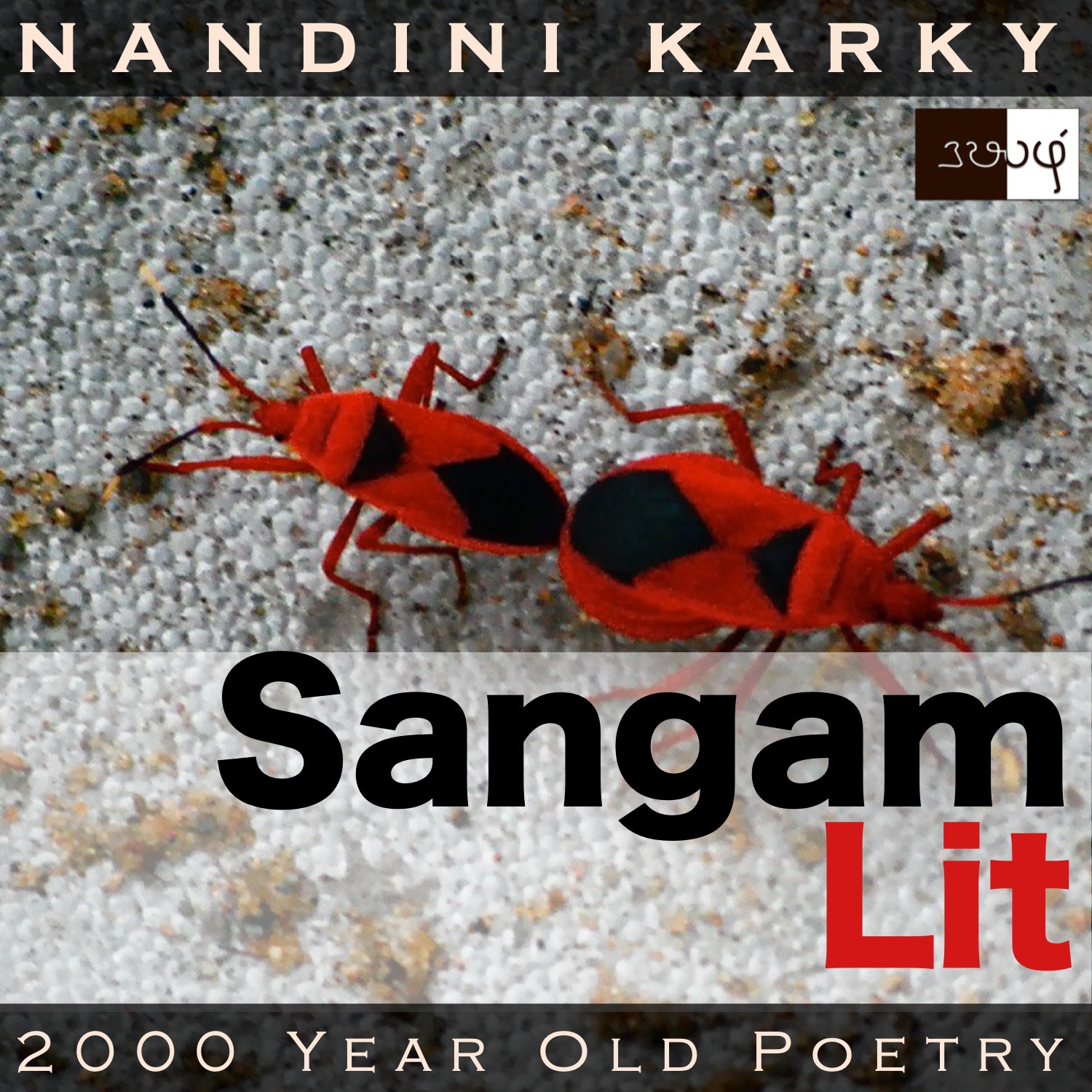


Recent Comments